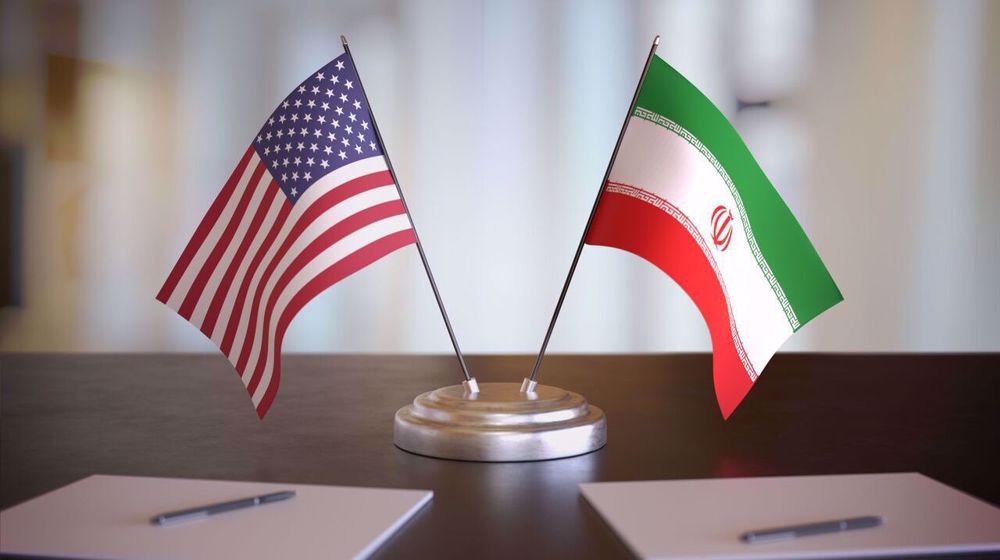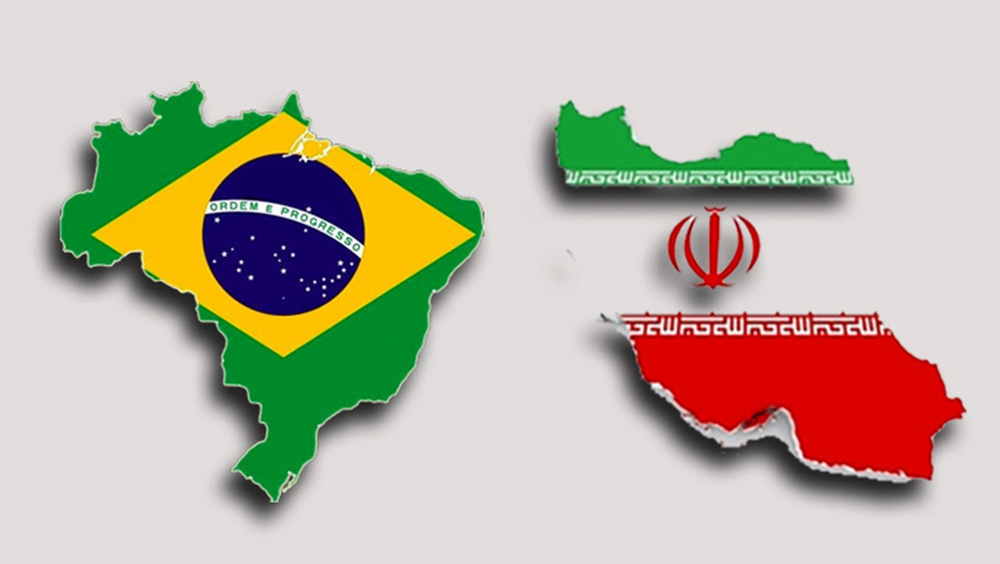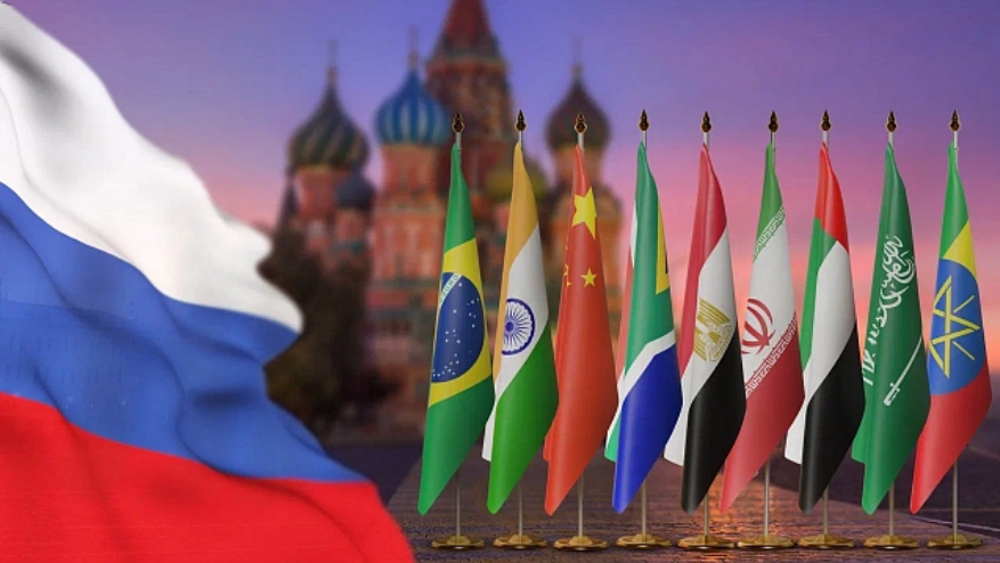The implications of Trump’s trade war for Iran
Iran and the essential parts of its economy are arguably the least affected by US President Donald Trump's bizarre tariffs which have shaken the dynamics of the trading order, increased recession fears and sent shudders through financial markets.
Interestingly, the closer the countries to the United States, the greater are the risks of Trump’s policy agenda to their economy. By the same token, the more disengaged the countries from the US and its economy, the safer and less affected they are from the fallout of the American trade war.
The saga that has played out over the past weeks in the wake of Trump’s protectionist zeal has left the world gasping. Unreliable, unpredictable and highly suspect – that is how the world is beginning to view the United States and its government.
Since coming to office in January, Trump has lost most of the US' closest allies and turned them into adversaries. His White House is openly talking about invading Canada and Denmark and putting tariffs on all the US' closest trading partners.
Ironically, Trump’s policies are working to the hands of countries like China, Russia and Iran and the blocs they are representing such as the BRICS group of emerging economies, the Shanghai Cooperation Organization and the Eurasian Economic Union.
Washington’s closest allies are convinced more than ever to not trust the US because the country they regarded as their traditional partner is operating under a system which is always prone to electing a demagogue like Trump and wreak havoc.
This is a lesson Iran has learned very well. The sweeping haphazard tariffs which Trump is imposing on almost every nation - with the surprise exception of Russia - have been wantonly used for decades by successive American regimes against the Islamic Republic in the form of sanctions.
The coercive measures have forced the country to be ingenious in its interactions with other countries, especially with those that it has strategic partnerships. It has cultivated closer political and economic relations with the likes of Russia and China under their shared goal of countering Western sanctions.
While the global community is left reeling, Iran is composed.
Iran’s disengagement from the West marked by the collapse of a nuclear agreement after Trump withdrew the US from a landmark nuclear accord during his term in office in 2018 and imposed more draconian sanctions on Tehran has convinced the Islamic Republic to look to its neighbors for trade.
Last December, the Islamic Republic was granted observer status in the Eurasian Economic Union, bringing a free trade agreement into force to eliminate tariffs for 87% of traded goods.
Contrary to the Trumpist protectionism, the commercial opening achieved through the free trade agreement and reduction of tariffs and the use of the existing capacities in the union to circumvent economic sanctions provides a platform for a long-term strategic cooperation among members.
The world has already been moving toward a new multipolar era marked by the highest level of geopolitical tensions and major power competition in decades where new political and economic unions and blocs are forming to increase their influence and power.
BRICS is the most quickly developing economic association globally, where members can strengthen bilateral relations without the “unilateral bullying” of the US – as described by China’s President Xi Jinping on Friday - and make the best of the group’s capacities to reinforce its economic foundation and political ground.
The tariffs are Trump's gamble. He seeks to alter the balance of power in the world by reshaping the US economy, the world economy, foreign policy and global financial markets and check China’s meteoric rise.
US traders have now to decide whether to keep buying products from countries hit by tariffs or switch to goods from other countries. They also need to decide whether to pass any added costs on to consumers.
The drop in oil prices is good news for importers to the detriment of exporters, but retaliatory tariffs are opening new opportunities in some export markets. For example, China has imposed tariffs on imports of pistachios from the US, meaning more Iranian pistachios can go to the Chinese market.
Moreover, the role of neighbors and regional pacts like BRICS, the Eurasian Trade Union and the Shanghai Cooperation Organization has become much more prominent, providing new trade opportunities for Iran.
In sum, despite a decline in oil revenues and market fluctuations, the fundamental sectors of the Iranian economy are generally unscathed from Trump’s tariffs due to the country’s limited dependence on direct trade with the United States.
Escalating trade tensions have created a bipolarity wherein all parties who are associated with one side or the other must choose who they stand with between the US or China.
While Iran is indirectly affected by the rise of imported commodity prices and lower oil revenues, it has an opportunity to diversify its economic relations with countries such as Russia and China.

Iran denies US investors will be present in its trade fair

Iran eyes more exports to Brazil to balance bilateral trade

Iran expects major drop in domestic wheat yields
Yemeni forces strike key Israeli targets with ballistic missile, kamikaze drone
Iran unveils legal strategies for SCO states to counter challenges
Gaza’s slow death: How aid blockade has pushed Palestinians to the brink
US plan requires Ukraine to give 20% of territory to Russia: Report
Iran: New sanctions show US 'lack of goodwill' in talks with Tehran
Charred bodies found in school as Israeli strikes kill dozens in Gaza
VIDEO | Press TV's news headlines
The April Revolution: One-year anniversary of Gaza solidarity encampments in US








 This makes it easy to access the Press TV website
This makes it easy to access the Press TV website